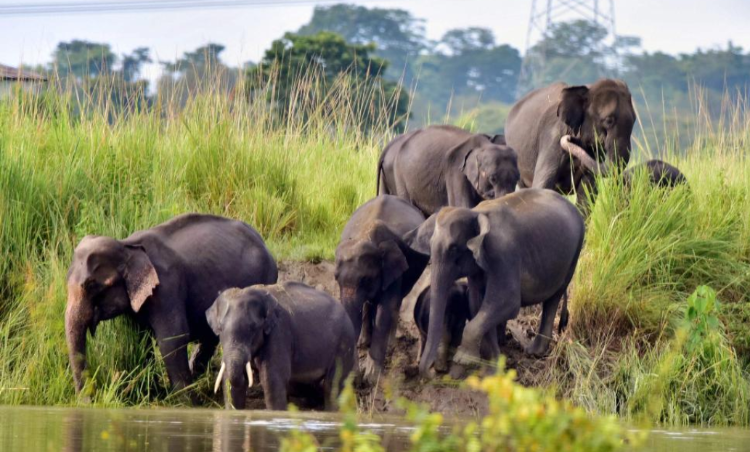Wildlife (Protection) Amendment Bill Permitting Ownership Of Elephants Passed In Parliament
LIVELAW NEWS NETWORK
8 Dec 2022 4:40 PM IST

Next Story
8 Dec 2022 4:40 PM IST
The Rajya Sabha today passed the Wild Life (Protection) Amendment Bill, 2022 which seeks to give effect to India's obligations under the Convention on International Trade on Endangered Species of Wild Fauna and Flora ('CITES'), which requires countries to regulate trade of all listed specimens through permits. The Bill, which will amend the Wild Life (Protection) Act, 1972 to increase...
